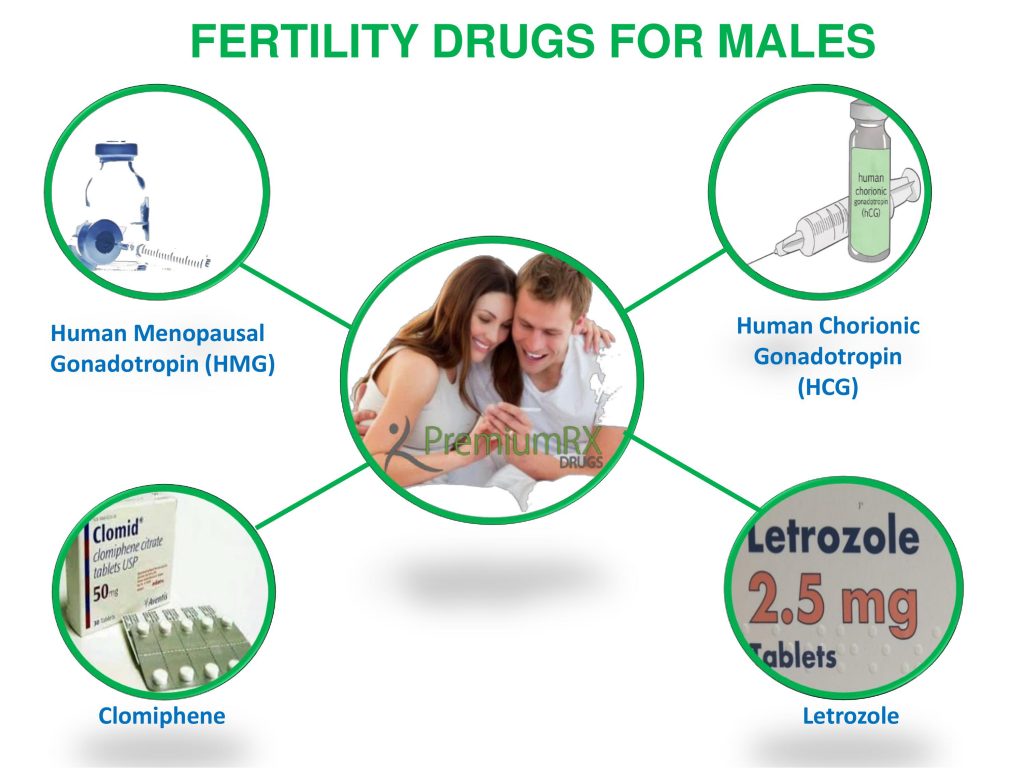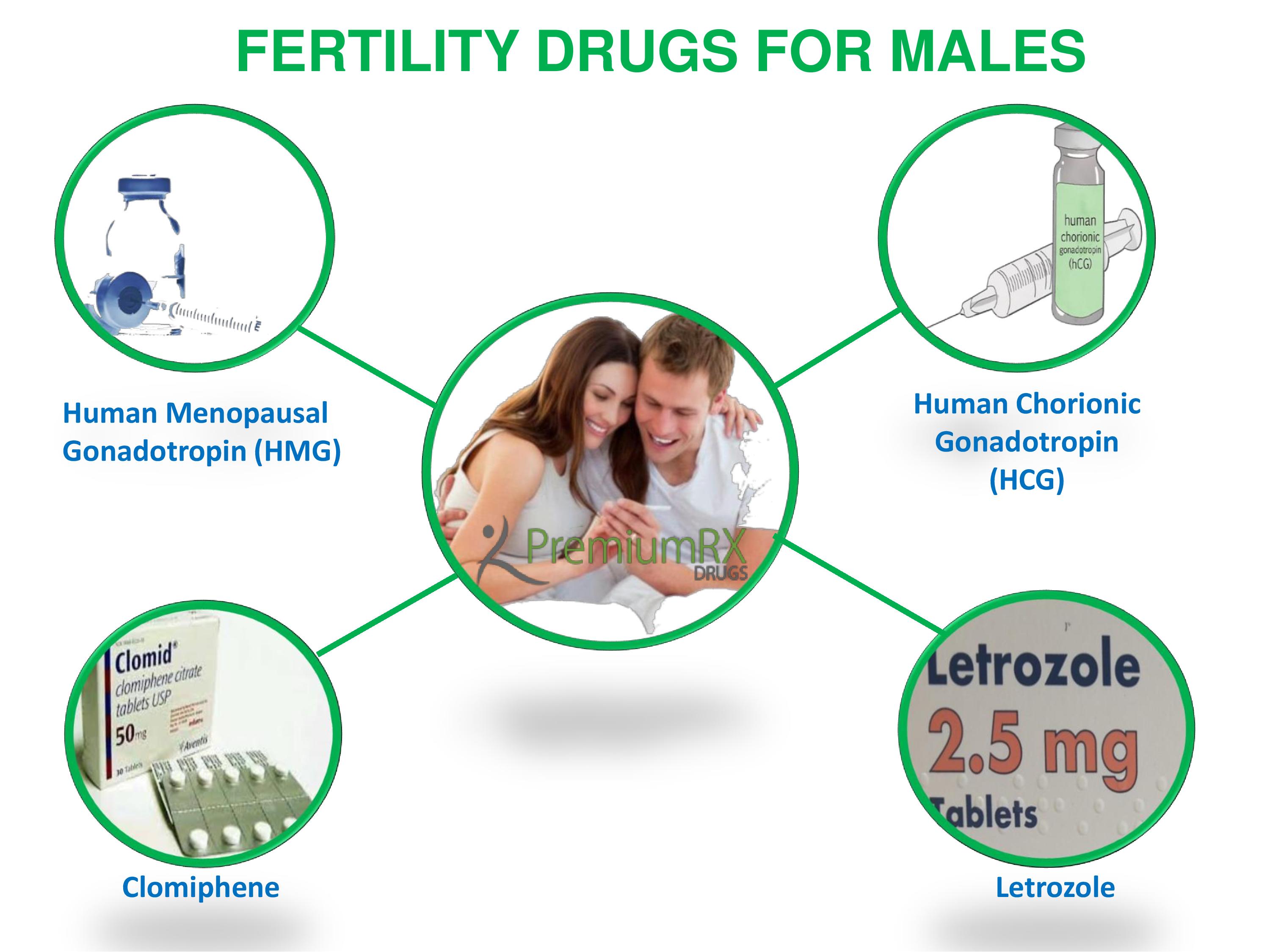Whenever we talk about infertility, we think of it as a woman’s problem. It is not always true, as males do get infertility problems, and about one-third of the cases of infertility are due to the man alone. So, it would be partial to say that infertility is a woman-related problem. Hence, men, too, can be infertile! Like many infertile females out there, many infertile males might be suffering from the tension of sharing this problem and getting a solution for the same.
In this article, infertile males can somewhat learn about the fertility problems, the drugs, and the bright future of becoming a dad!
Getting a hint about the causes of infertility problems in males:
Infertility in males is defined with the help of simple sperm analysis. The sperm count and quality of the sperm may decide the problem. Some males are not able to produce enough quality sperm. Unhealthy sperm can also become the reason behind the problem of the inability to conceive. The hormonal imbalance is generally responsible for lowering sperm motility and counting.

But, apart from hormones, many other reasons can hinder the male fertility, such as:
- Excessive smoking
- Varicocele
- Torsion
- Tight underwear
- Stress
- Exposure to toxin
- Deficiency of vitamins like Vitamin C, iron, and zinc
- Alcoholism
- Testosterone deficiency
- Use of recreational drugs
- Injured Sperm Ducts
- Klinefelter’s Syndrome, etc.
Fertility drugs may fix only a few of the above said male infertility problems. Many other problems can’t be treated using fertility drugs, like:
- Blockages
- Varicocele
- Retrograde Ejaculation
Fertility Drugs for Males:
The hormones play a very important role in treating male infertility. These hormones have great significance in producing healthy sperm to make a baby. There are different types of male fertility drugs; the drugs that are used to treat infertility in males are:
- Human Chorionic Gonadotropin (HCG):
Human Chorionic Gonadotropin injections of 1500 to 2000 IU are administered for about a week to three months, approximately three times a week. This hormone helps to increase the production of the male hormone testosterone from the testes. This hormone level is repetitively balanced and adjusted as needed.
- Human Menopausal Gonadotropin (HMG) with HCG injections:
Human Menopausal Gonadotropin (HMG) with HCG injections is administered when the sperm count of the males has not improved even after six to nine months of HCG treatment.
- Clomiphene:
It is famously used in females to induce ovulation. In males who have low sperm count, Clomid is used to increase sperm concentration. The general dose is one pill of Clomiphene per day for about three to six months.
- Letrozole:
To treat sperm issues, Letrozole is used as this drug leads to an increase in the levels of an important male fertility hormone, testosterone. This hormone is necessary to increase the sperm count in the body.
- Recombinant Human Follicle Stimulating Hormone (RHFSH):
Recombinant Human Follicle Stimulating Hormone (RHFSH) is another method used when HCG does not work effectively alone. It boosts the effect of fertility drugs, but it must be noted that it may take 6 months to 2 years to increase fertility and bring it to normal levels.
- Gonadotropin-Releasing Hormone (GnRH):
The partner’s infertility may be due to hypogonadism, and it can be treated with the use of gonadotropin-releasing hormone (GnRH). This hormone can be delivered via a portable pump and needle. It is injected via pulses into your body. It must be given for 1-3 years to boost sperm production healthily.
- Bromocriptine: This drug is used to balance the levels of prolactin hormone in the body.
- Antibiotics and Antifungal Drugs: These antibiotics are used to treat infections that may be causing infertility in men.
- Imipramine: It is a drug that is used to treat retrograde ejaculation.
Side Effects of Fertility Drugs: Just like many other drugs, male fertility medicines can also cause side effects. Here are some of the common side effects of fertility drugs:
- Momentarily blurred vision
- Weight gain
- Liver damage (in rare cases)
- Breast enlargement
- Breast tenderness, etc.
Although these drugs have shown much better results in women in comparison to men, there is still no less hope. You need to keep faith that many males have benefitted from these drugs.
Marie
Latest posts by Marie (see all)
- Revize Micro Gel 0.025% | Uses, Price, Side effects - April 9, 2025
- What is Evalon Cream: How to Apply, Benefit, who Can Use - April 4, 2025
- Understanding Avanair 200 mg: A Comprehensive Guide - April 4, 2025




